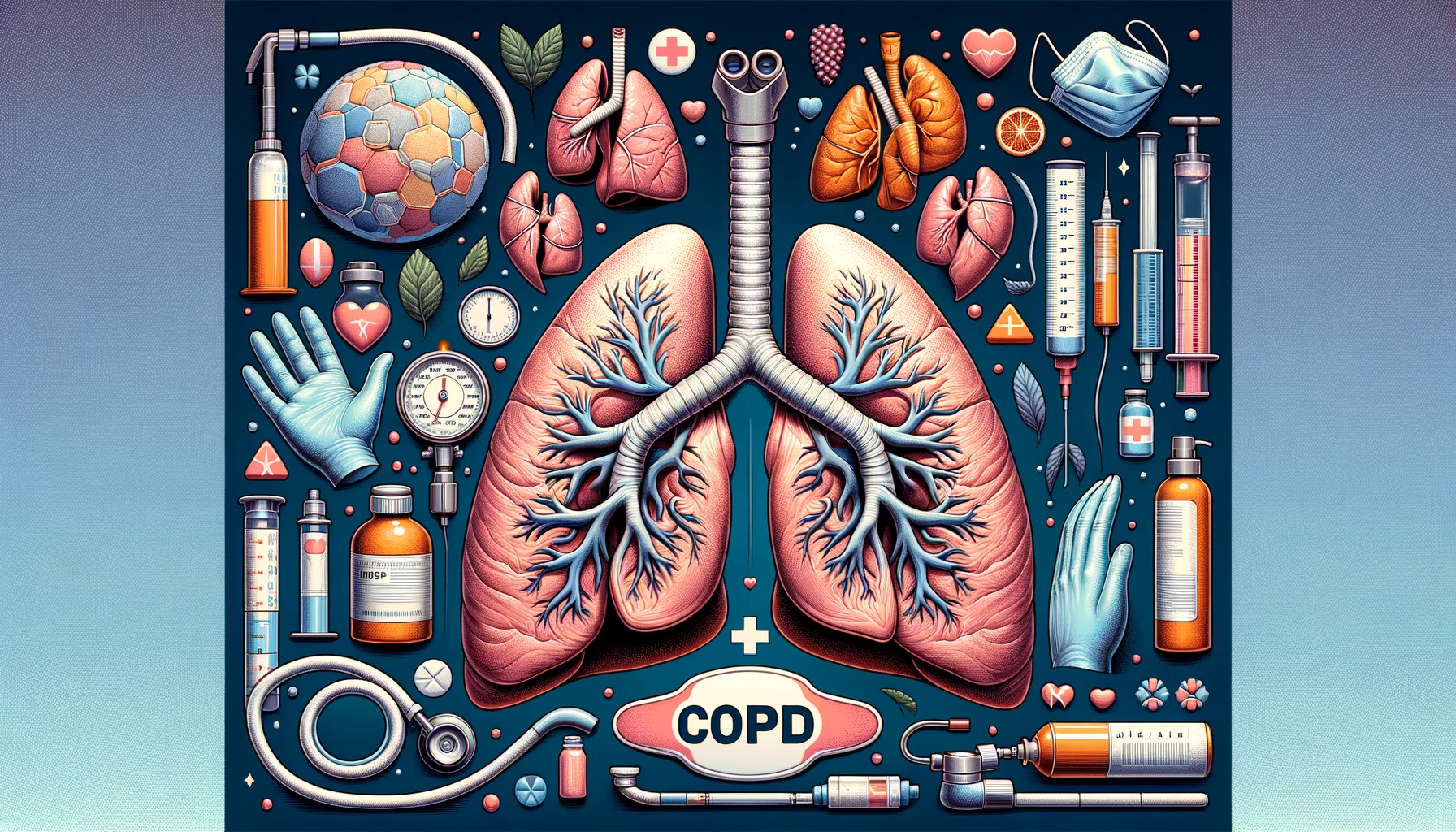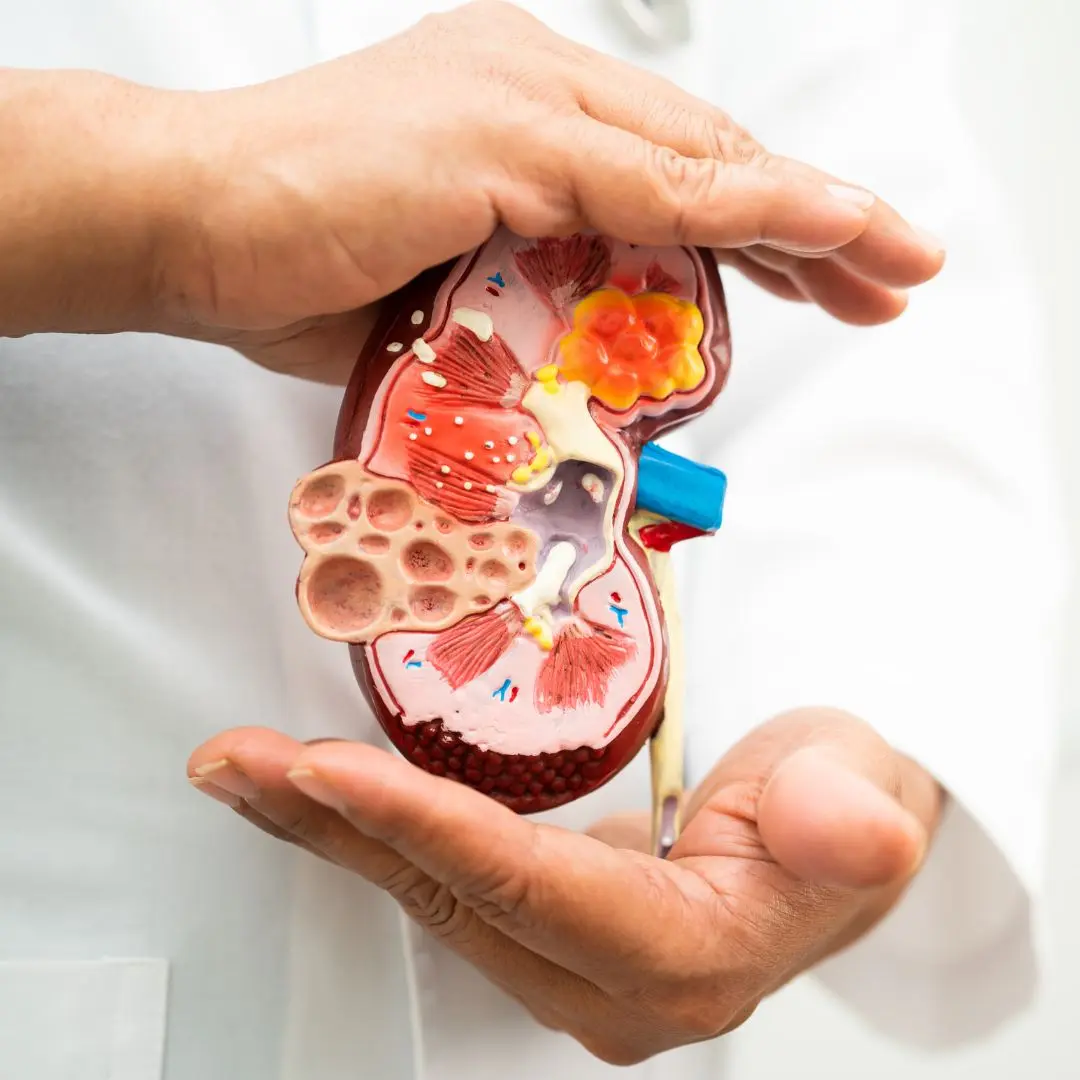Delirium and dementia are two distinct conditions affecting cognitive function, yet they often overlap in their symptoms. Understanding their key differences is vital for accurate diagnosis and effective management.

Blog
Delirium vs Dementia: Key Differences, Symptoms, and Treatment
Delirium and dementia are conditions that affect cognitive function, but they differ significantly in their causes, symptoms, and progression. Delirium is characterized by a sudden and severe change in mental function, often reversible, while dementia is a chronic, progressive condition that affects memory and reasoning. This guide explores their key differences to help improve understanding and management.
Delirium is a rapid and acute change in cognitive function that primarily affects attention and awareness. It is typically temporary and can develop over hours or days. Symptoms include confusion, agitation, disorientation, hallucinations, and fluctuating levels of consciousness. Common causes include infections, medication side effects, dehydration, or metabolic disturbances. Early intervention can often reverse delirium.
Dementia, by contrast, is a gradual and long-term decline in cognitive function, including memory loss, impaired judgment, and difficulties with language and daily activities. Unlike delirium, dementia progresses slowly over time and is typically irreversible. Alzheimer’s disease is the most common form of dementia, but other types include vascular dementia, frontotemporal dementia, and Lewy body dementia.
Although both conditions affect the brain, they differ in significant ways:
Delirium has a sudden onset, developing over hours or days, while dementia develops gradually over months or years.
Delirium is typically temporary, whereas dementia is a long-term and progressive condition.
Delirium affects attention and awareness, often causing significant fluctuations, while dementia primarily affects memory and cognitive abilities without abrupt changes in attention.
Delirium is often reversible with prompt treatment, whereas dementia is generally irreversible.
Delirium is usually caused by acute medical conditions, such as infections or metabolic imbalances, while dementia results from neurodegenerative or vascular processes.
Accurate diagnosis of delirium and dementia involves a thorough medical evaluation, including a review of symptoms, medical history, physical exams, and cognitive assessments. Key differences in management include:
Focuses on identifying and addressing the underlying cause, such as treating an infection, managing pain, or adjusting medications.
Includes supportive care, cognitive therapies, medications such as cholinesterase inhibitors, and lifestyle modifications to slow progression and improve quality of life.
Preventing both delirium and dementia involves reducing risk factors and promoting brain health. Strategies include:
Preventing infections, avoiding polypharmacy, staying hydrated, and addressing sensory impairments such as vision or hearing loss.
Maintaining a healthy diet, staying physically and mentally active, controlling blood pressure and cholesterol, and avoiding smoking.
Case studies highlight the differences between delirium and dementia and the importance of timely intervention:
An elderly patient with urinary tract infection (UTI) developed sudden confusion and agitation. Prompt treatment with antibiotics resolved the delirium within 48 hours.
A patient with Alzheimer’s disease showed gradual memory decline and required comprehensive care, including medication, cognitive therapy, and family support to manage daily activities.
Understanding the key differences between delirium and dementia is crucial for accurate diagnosis, timely intervention, and effective management. While delirium requires prompt treatment of underlying causes, dementia benefits from a long-term care plan focused on improving quality of life. Recognizing the unique characteristics of each condition can help caregivers and healthcare providers offer better support to individuals and their families.
HealthOK Global offers comprehensive elderly care services to ensure the dignity and safety of seniors. Our expert caregivers provide personalized support, from routine health checks to emotional well-being assistance. Contact our FREE 24 x 7 Healthcare Helpline at +91-8047190955 for immediate support and assistance.
Stay connected with us and never miss an update by following us on social media! Our social channels are the perfect place to get the latest news, expert tips, and exclusive insights tailored just for you. Whether you're looking for health advice, product updates, or inspiring stories, we’ve got it all. Join our growing community on platforms like Whatsapp Facebook , LinkedIn and Instagram and be part of the conversation. Click the follow button today and stay informed, inspired, and engaged—right at your fingertips!
Delirium is a rapid and acute change in cognitive function that primarily affects attention and awareness. It is typically temporary and can develop over hours or days. Symptoms include confusion, agitation, disorientation, hallucinations, and fluctuating levels of consciousness. Common causes include infections, medication side effects, dehydration, or metabolic disturbances. Early intervention can often reverse delirium.
Dementia, by contrast, is a gradual and long-term decline in cognitive function, including memory loss, impaired judgment, and difficulties with language and daily activities. Unlike delirium, dementia progresses slowly over time and is typically irreversible. Alzheimer’s disease is the most common form of dementia, but other types include vascular dementia, frontotemporal dementia, and Lewy body dementia.
Preventing both delirium and dementia involves reducing risk factors and promoting brain health. Strategies include:
Need Personalized Health Guidance?
Get expert advice tailored to your specific health needs from our qualified healthcare professionals.





